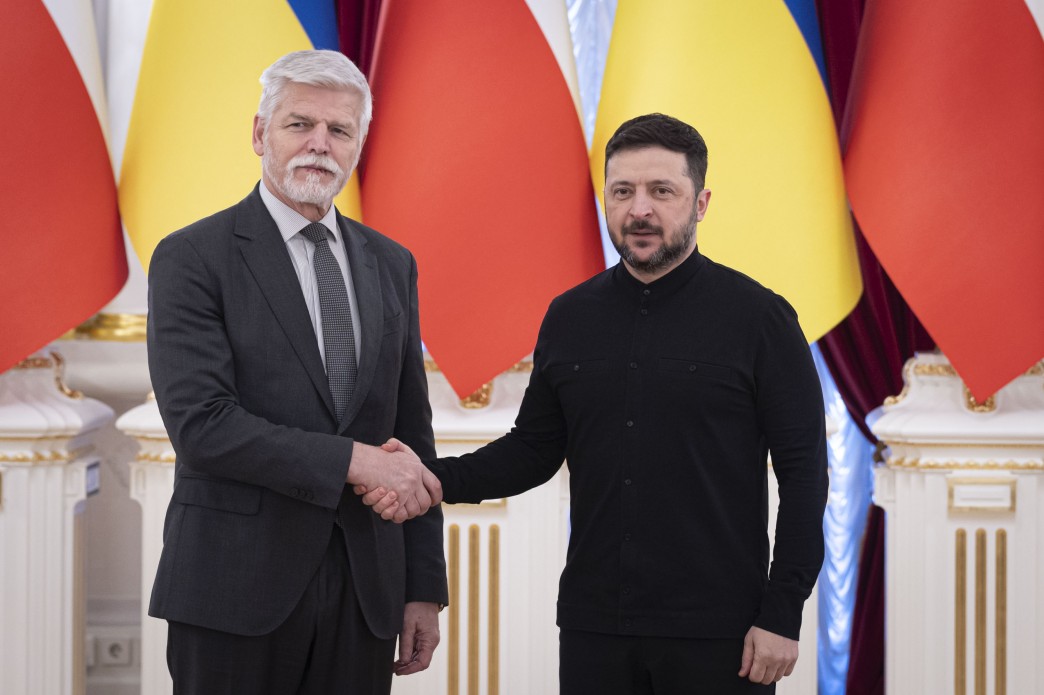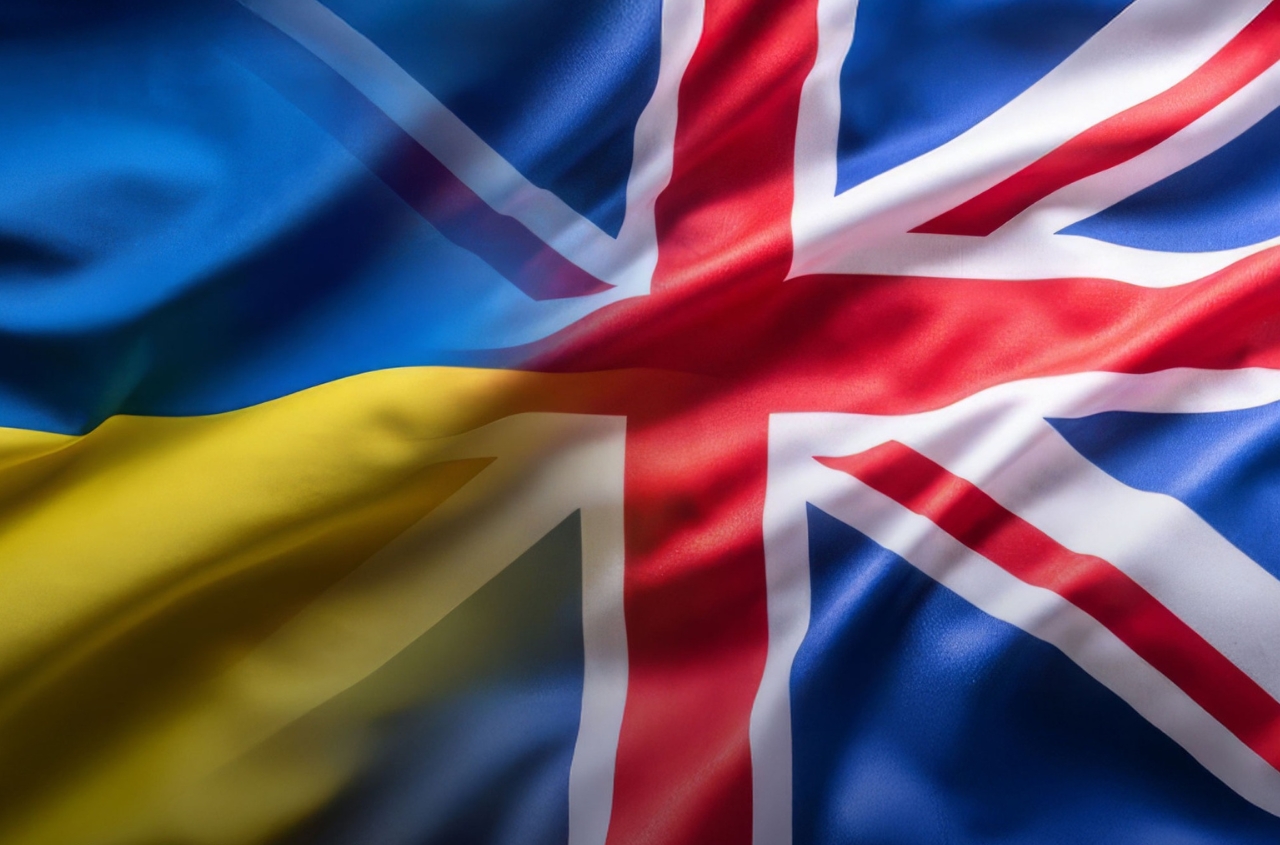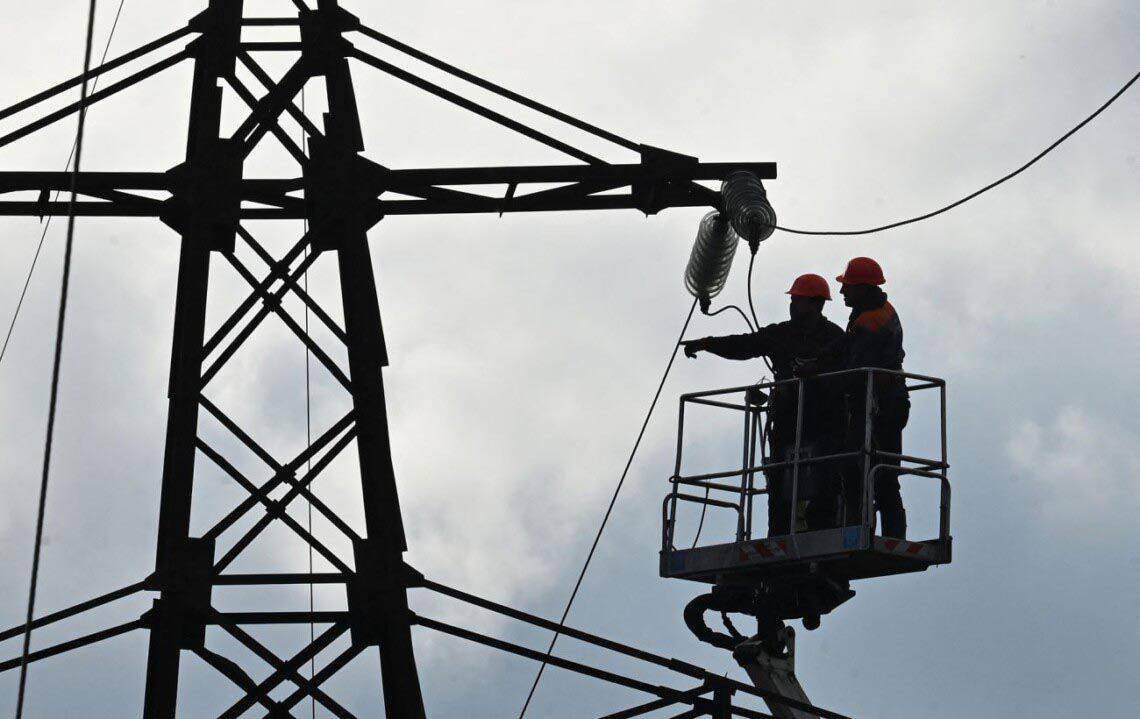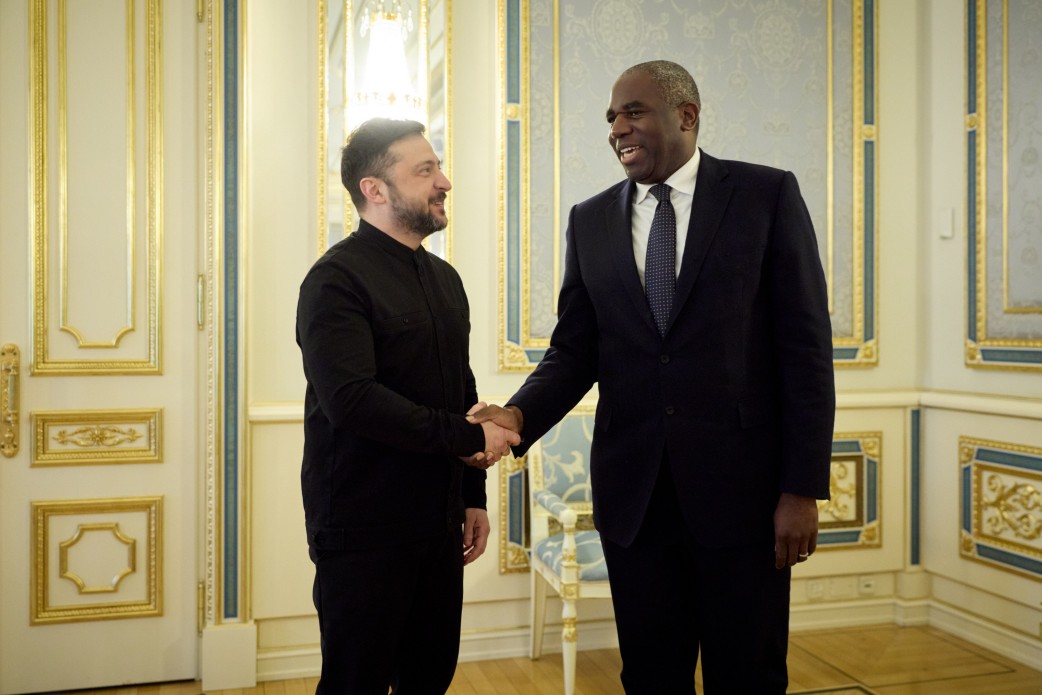Ukrainian refugees are beginning to bring profit to the Czech state. In the first three months of this year, they contributed nearly 3 billion Czech korunas more to the state treasury than the total amount of aid provided. According to the Ministry of Finance, this sum could be used to build ten kilometers of highways or increase pensions for all retirees by 1,200 korunas per year, reports uamedia.eu.
It is expected that revenue from Ukrainian refugees will continue to grow while expenses decrease. In 2022, expenses for Ukrainian refugees amounted to 25 billion korunas, while budget contributions were 12.6 billion korunas. Last year, the balance was more or less balanced: the ministry recorded expenses of 21.6 billion korunas and revenues of 21 billion korunas. This year, the state budget is already becoming richer due to the refugees.
"This year, we only have data for the first quarter so far. Revenues amounted to 6.4 billion korunas, while expenses were 3.5 billion korunas," says Magdalena Klimeshova, an analyst at the Ministry of Labor and Social Affairs. "Thus, the state received 2.9 billion korunas."
"The largest revenue source is undoubtedly contributions to social and health insurance, followed by value-added tax or excise duties. The trend of increasing revenues over the last quarter is evident," Klimeshova adds.
There are about 350,000 people from Ukraine in the Czech Republic with temporary protection, 118,000 of whom are employed. In most cases, nine out of ten, this employment involves paying insurance contributions to the state.
A significant portion of refugees holds more than one job (up to 30%), according to a PAQ Research survey conducted at the end of last year.
As revenue from Ukrainian refugees increases, expenses are decreasing. More people are moving from state-funded temporary housing to self-paid apartments. At the same time, a significant number of Czech citizens greatly overestimate the financial aid provided to Ukrainians. For instance, humanitarian aid costs the Czech state approximately half a billion korunas per month, but about 15-20% of people believe that the state spends 30 times more on this aid.





















